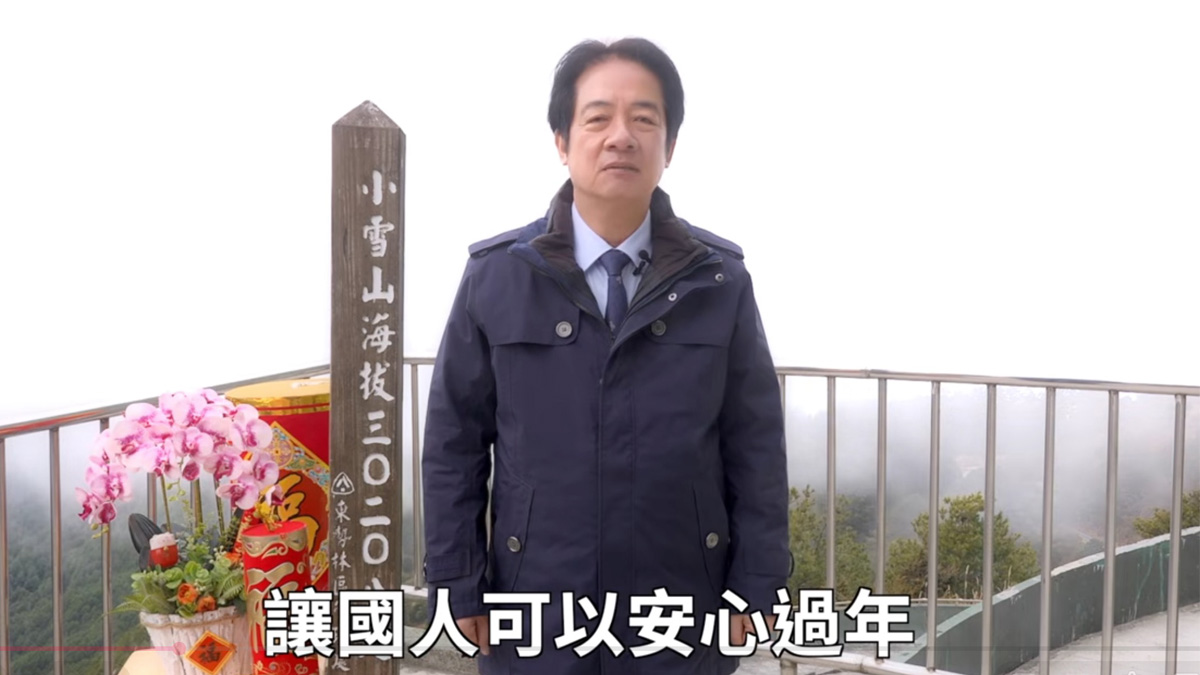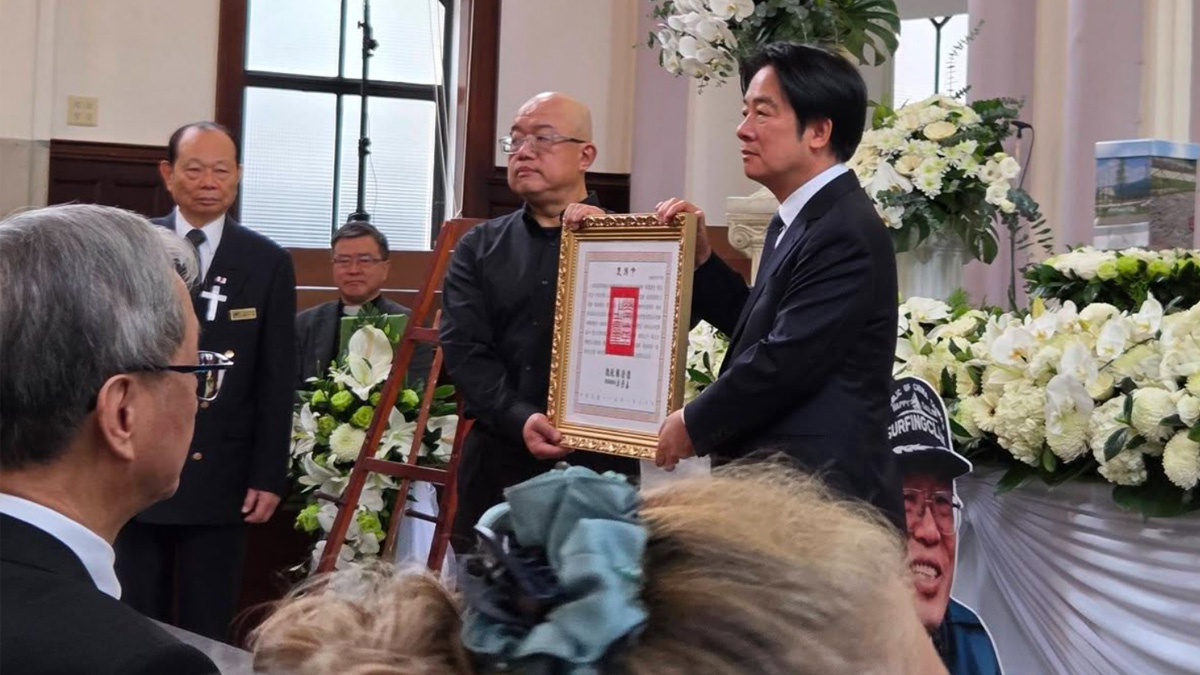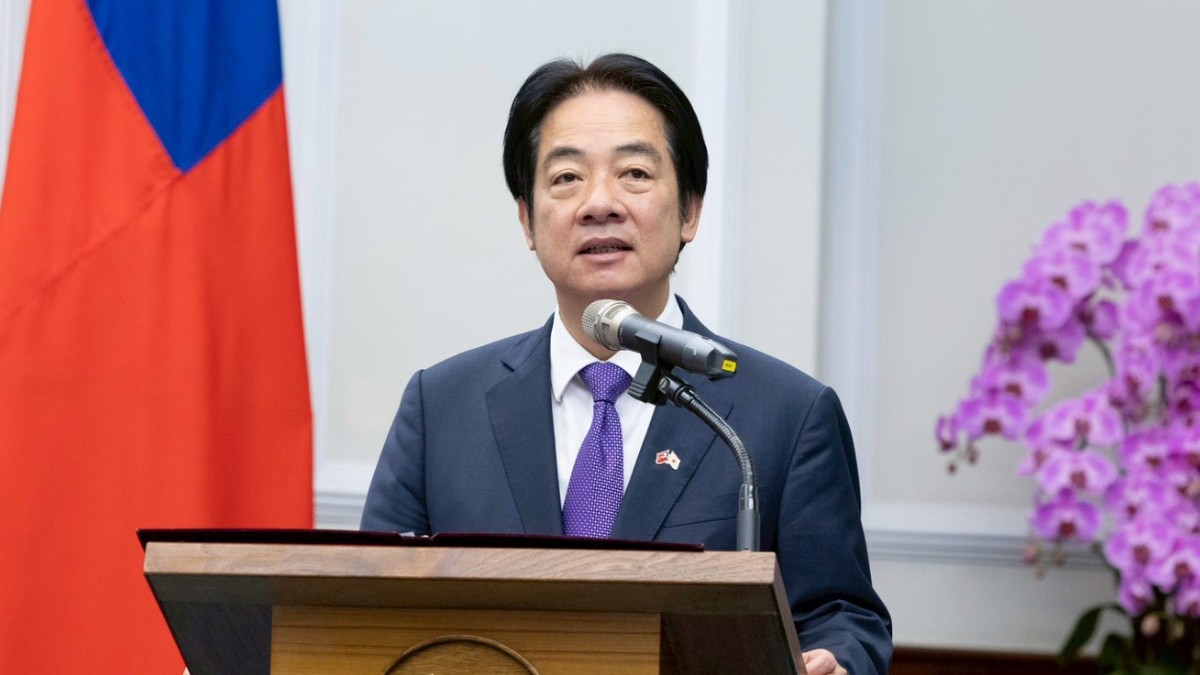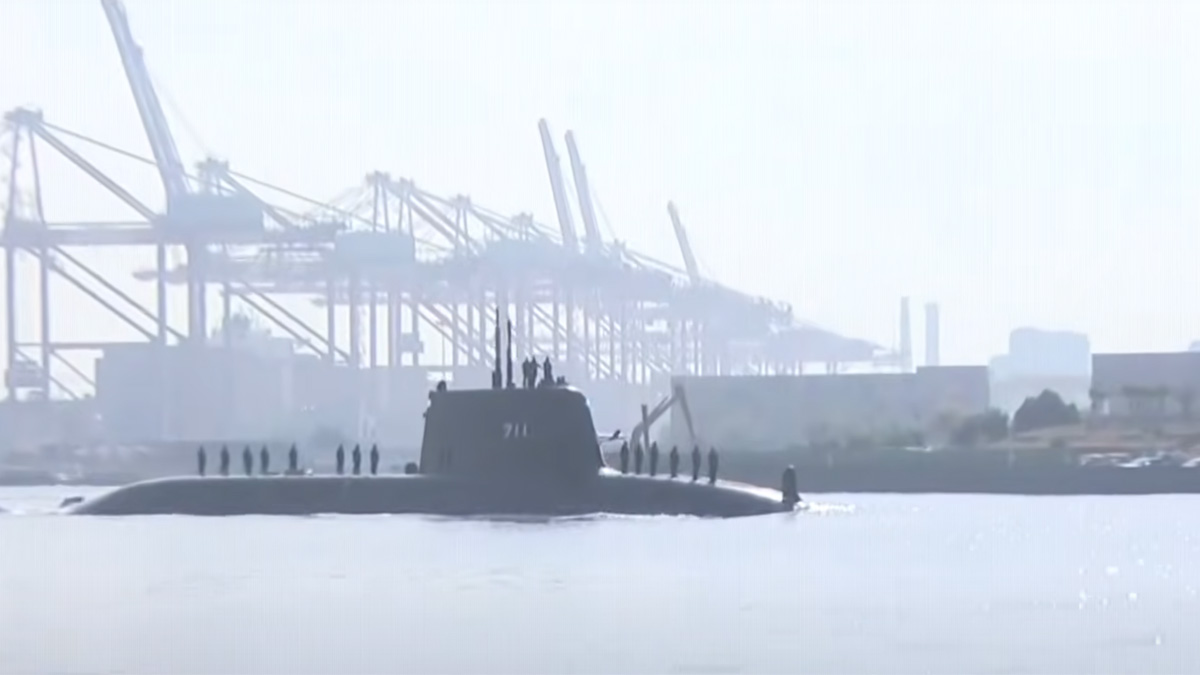Taiwan proposes US$40 billion defence budget to strengthen deterrence against China
President Lai Ching-te has proposed a US$40 billion defence budget, signalling Taiwan’s strongest military commitment in modern history. The plan aims to boost deterrence amid increasing Chinese pressure and align Taiwan's defence strategy with its democratic values.

- President Lai Ching-te proposed a historic US$40 billion supplementary defence budget to enhance Taiwan's deterrence capabilities.
- The plan would raise defence spending to 5% of GDP by 2030, the highest in Taiwan's modern history.
- Opposition in parliament, led by the Kuomintang, poses potential hurdles to approval of the spending.
President Lai Ching-te on 26 November announced a historic US$40 billion supplementary defence budget to reinforce Taiwan’s deterrence posture amid rising regional tensions and sustained military pressure from China.
Writing in an op-ed for The Washington Post, Lai underscored the principle of "peace through strength", asserting that Taiwan’s response to threats would be a strong, technologically advanced, and self-sustained military.
According to Lai, the proposed funding will be used to both acquire significant new weapons systems from the United States and to bolster Taiwan’s asymmetric warfare capabilities. The approach aims to raise the strategic costs and uncertainties Beijing would face in the event of any military confrontation.
In the article, Lai confirmed that Taiwan's defence spending is expected to rise to 3.3 percent of GDP by 2025, and to 5 percent by 2030. He characterised this increase as “the largest sustained military investment in Taiwan’s modern history.”
The NT$1.25 trillion (US$39.89 billion) package is to be implemented over several years and represents a substantial increase over the previously anticipated US$32 billion figure shared by a senior Democratic Progressive Party (DPP) lawmaker earlier this year.
At a press conference held the same day, Lai described the initiative as a clear message of Taiwan’s determination to safeguard its sovereignty and democratic values.
“There is no room for compromise on national security,” Lai declared. “National sovereignty and the core values of freedom and democracy are the very foundation of our nation.”
He added that appeasement in the face of aggression had historically resulted only in “enslavement.”
The proposed defence budget also includes accelerated development of the “T-Dome”, a multi-layered air defence system intended to shield the island through a combination of missile defence, radar technology, and innovation-driven defence mechanisms.
“My message here is clear: Taiwan’s dedication to peace and stability is unwavering,” Lai wrote. “No country will be more determined in safeguarding Taiwan’s future than our own.”
In his article, Lai also addressed the broader regional context. He cited China’s rapid military build-up and provocations in the Taiwan Strait, East and South China Seas, and across the Indo-Pacific, as ongoing threats to peace.
Notably, Lai praised former US President Donald Trump’s administration for reinforcing peace through military strength. “The international community is safer today because of the Trump administration's pursuit of peace through strength,” he stated.
The op-ed and accompanying announcement come amid regional tensions, including a diplomatic dispute between Japan and China. Japanese Prime Minister Sanae Takaichi recently suggested Japan could consider military involvement in the event of an attack on Taiwan, further elevating security concerns.
The proposal also follows the United States’ approval of US$330 million in military parts and components to Taiwan—marking the first defence sale since Trump’s return to the White House earlier this month.
However, challenges remain for Lai’s government. Despite leading the DPP, Lai faces significant opposition in Taiwan’s Legislative Yuan. The Kuomintang (KMT), which advocates closer cross-strait ties, holds sway in parliament alongside the Taiwan People's Party (TPP).
Recently appointed KMT chairperson Cheng Li-wun has criticised the proposal, arguing Taiwan cannot afford such an expansive defence budget. She previously stated that Taiwan “doesn’t have that much money,” reflecting likely resistance to the bill’s passage.
Observers suggest that without bipartisan consensus, the special defence budget could face delays or require substantial revision before approval.
Lai, however, insists that the proposed increases are not simply about defence spending quotas but reflect a national imperative to protect Taiwan’s autonomy and democratic system.
Framing the issue in broader ideological terms, Lai said, “This is a struggle between defending democratic Taiwan and refusing to submit to becoming ‘China’s Taiwan’.”









